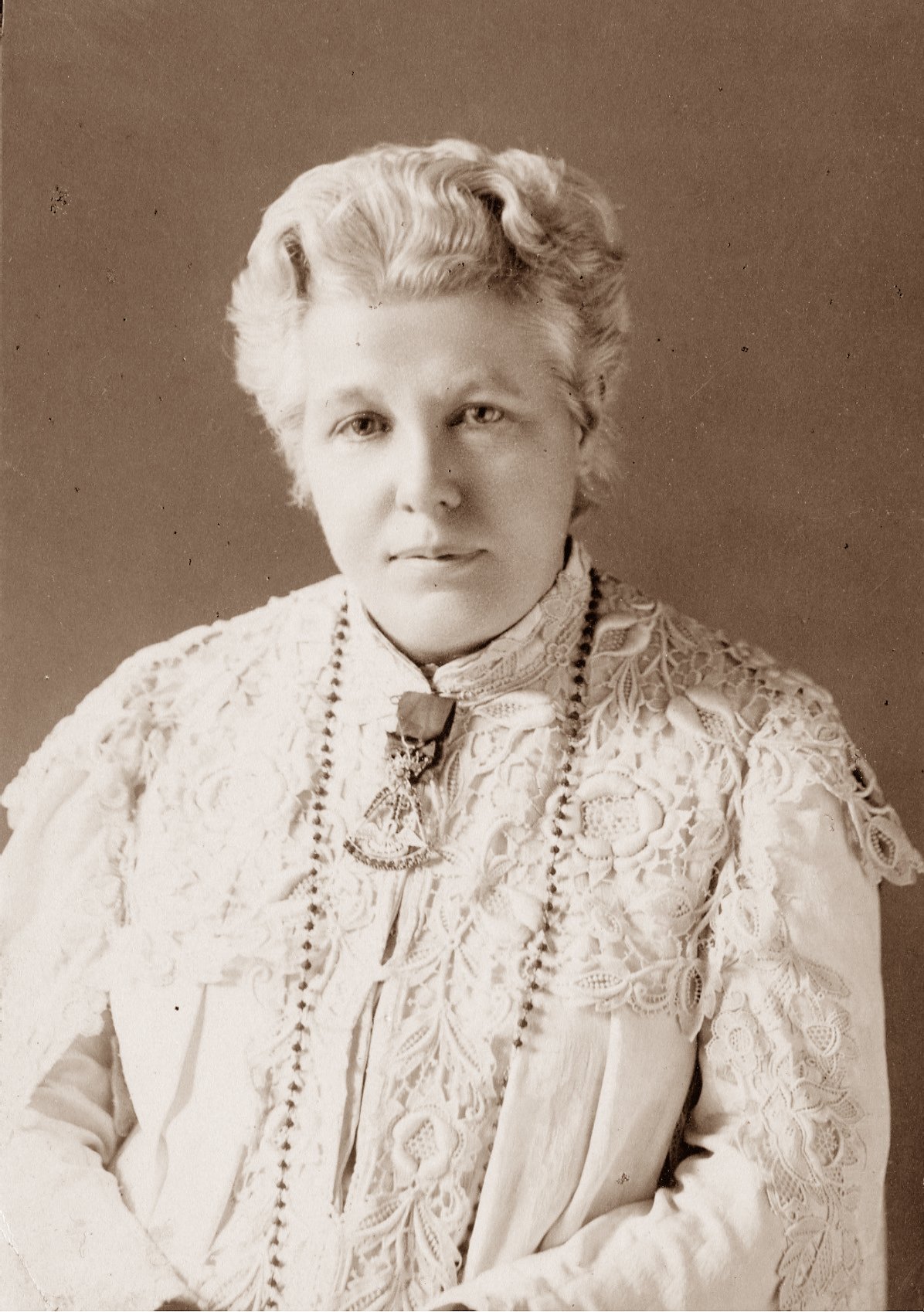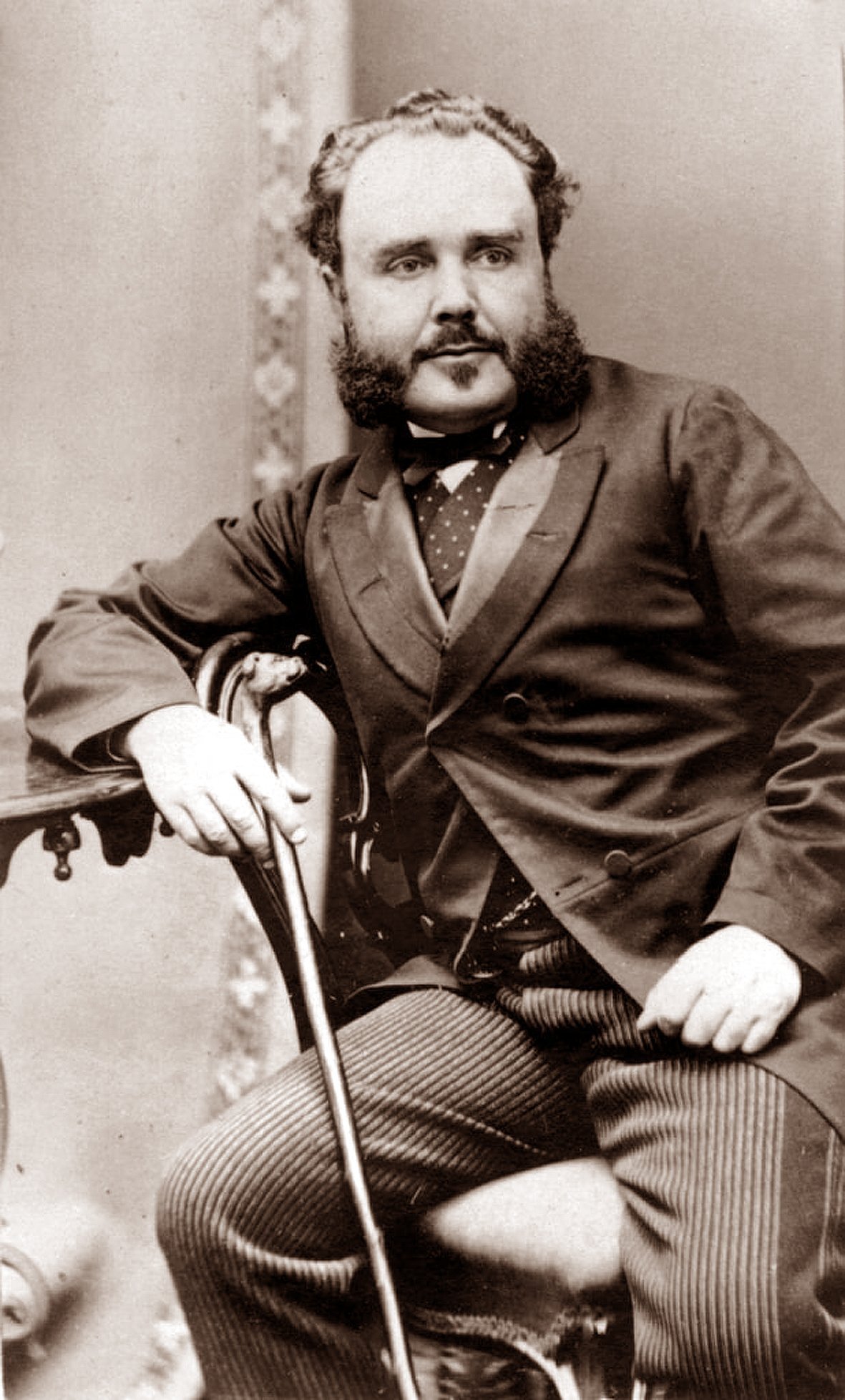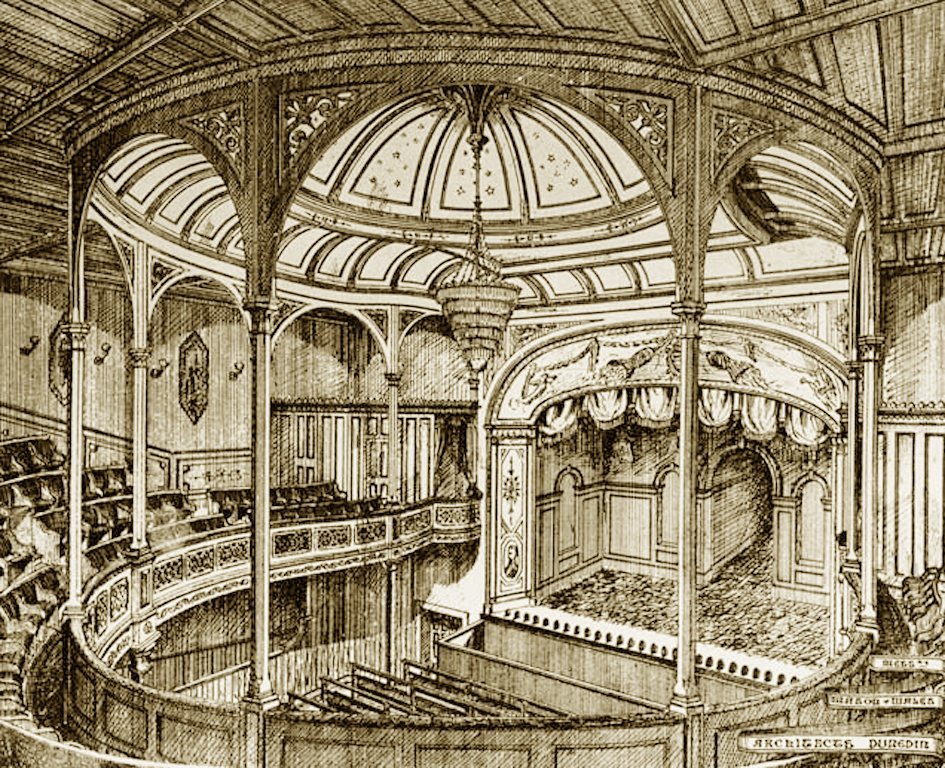
The Otago Daily Times was very excited to report on July 12, 1894, that Mrs Annie Besant was the next celebrity lecture promoter R.S. Smythe intended to bring to the colony, probably followed by Samuel Clemens.

More that a century later, most people know Samuel Clemens was better known as Mark Twain, and a famous quote the United States' writer made about his time in Dunedin is still much repeated.
The fame of Mrs Besant, however, has not endured to the same extent. ODT readers of the day were well acquainted with Mrs Besant, however.
Her radical and outlandish views, such as women's rights, home rule and Indian independence, had been well covered in the paper's columns.
So too her shifting views: cables from "home" noted Mrs Besant had become an advocate of Malthusian theories, then that she had dropped them, and also that she had dropped her former strident atheism for the teachings of Theosophy, a new religious movement based loosely upon Indian philosophies and the occult.
Although she was to lecture on various topics during her time in New Zealand, it was as a missionary for Theosophy that she was primarily motivated.

On October 17 the ODT noted Mr Smythe, who had not visited Dunedin since his serious illness in London the previous year, was back in town to confirm arrangements for Mrs Besant's lecture at the Princess Theatre.
The next day it confirmed there would be four lectures given in the city: "The dangers that threaten society"; Why I became a Theosophist"; "The evolution of man"; and "Theosophy and its teachings".
This may all sound a touch esoteric, but as Andrew Paul Wood notes in his highly entertaining history of the occult and esoteric in New Zealand, Shadow Worlds, Theosophy's mix of celebrity adherents, avant-garde beliefs and exotic origins were highly appealing to educated Victorians.
It was also a philosophy that has endured: although not as prominent as it once was, there are 14 Theosophical Societies throughout New Zealand and the organisation marks its 125th anniversary in this country next year.
The ODT was all aflutter for Mrs Besant's first lecture: "Of all the celebrities to whom we have, through the enterprise of Mr R.S. Smythe, been introduced in New Zealand, there has been none more remarkable than Mrs Annie Besant, who was greeted in the Princess Theatre by a large audience last night ... and there has been certainly none more interesting than this rather slim woman whose thoughtful face, with its crown of grey wavy hair, had been already familiarised to us by the more than usually life-like portraits that have exhibited around the town in anticipation of her arrival."
The ODT reporter critiqued her manner of delivery as forensically as a modern-day sports reporter commenting on the All Blacks backline, oratory was taken seriously in those days, and reported on the content of the speech in depth: "The danger of all democracies, she observed, was that they had outgrown the ideals of the past and had at present made no ideals for themselves; and with undisguised scorn she warned this Democracy against the shoddy ideal of the Americans, the love of dollars."
The remedy for the evils of society, it turned out, was the brotherhood of man , a subject which she promised to expand upon later in the week.

By lecture three, the ODT reporter, presumably the same one throughout, noticed that although the attendance remained high, they were mostly the same people he had seen the previous two evenings.
After lecture four ("Mrs Besant has in an eminent degree the rare faculty of rendering intelligible and making interesting the most abstruse subjects") she was off to the train station to head for Christchurch.
She returned in 1908 for a question and answer session on Theosophy at Victoria Hall "well-filled with an attentive audience which comprised a large proportion of ladies", Mrs Besant regretting she could only give one afternoon during her visit for answering questions.











